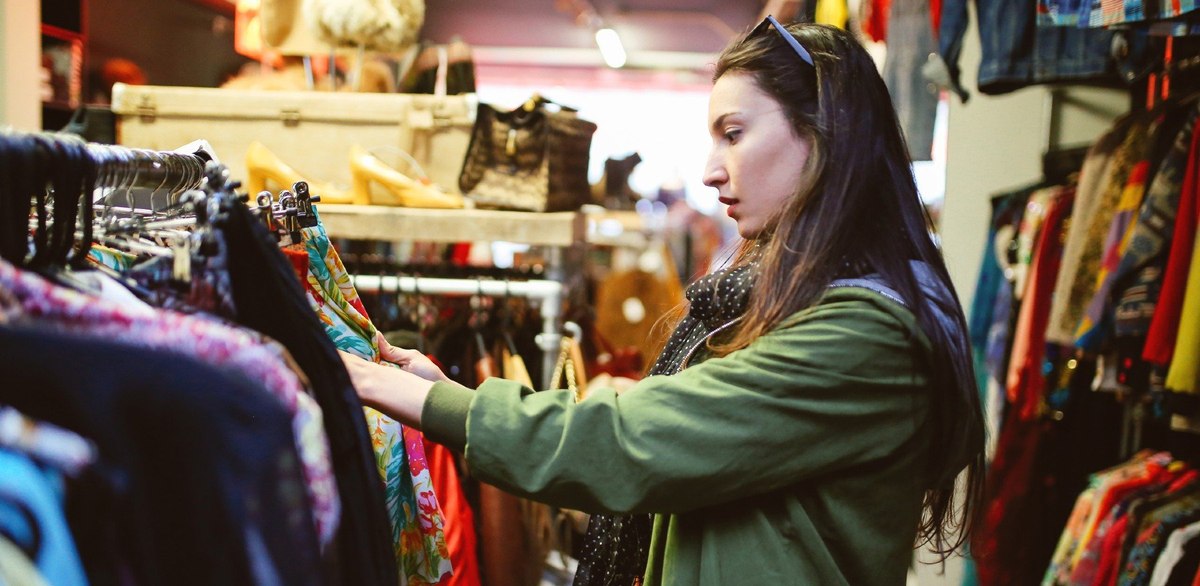Greenwashing – which occurs when businesses misrepresent the eco-friendliness and sustainability of their products – has come under regulatory scrutiny in Australia.
In July, the Australian Competition and Consumer Commission (ACCC) published guiding principles businesses should follow when making environmental and sustainability claims, to ensure compliance with Australian Consumer Law.
This follows an investigation by the agency of 247 businesses across eight sectors in October last year, which found that 57% promoted dubious or misleading environmental and sustainability claims about their products or brand – with the fashion and apparel sector having the second highest proportion of concerning claims.
But how many Australians have ever bought fashion products marked as sustainable?
In Part 1 of our three-part series on Sustainable Fashion in Australia, we reveal the percentage of Australians who have purchased sustainable fashion products before – and what’s deterring those who haven’t.
Scroll to the end of the article to see links to Parts 2 and 3 of our national survey on consumer sentiments towards Sustainable Fashion in Australia.
How common are sustainable fashion purchases in Australia?
Latest research from YouGov Surveys shows that two in five (41%) consumers say they have purchased one or more sustainable fashion products before – defined as clothing, shoes and accessories that are designed, manufactured, distributed, and used in an ecologically and socially responsible manner (e.g. products made from recycled/organic materials).
Demographically, women are more likely than men to have purchased sustainable fashion products before. Additionally, younger consumers are much more likely than older consumers to have done so: at least half of Gen Z and Millennials indicate ever buying sustainable fashion, compared around two-fifths of Gen X and over a quarter of Baby Boomers.
What’s deterring some Australians from buying sustainable fashion to date?
Among consumers who have not purchased any sustainable fashion items so far, over half (56%) cite general availability issues – difficulty in finding or not knowing where to find such products – as the top reason for why they have yet to buy eco-friendly apparel.
Close to half (47%) also point to sustainably-produced fashion items carrying higher price tags – the next most popular reason. Meanwhile, 15% are concerned about the quality / durability of sustainably-made fashion products, while 11% are sceptical of the sustainability claims made by fashion brands.
This article is part of our three-part Sustainable Fashion in Australia series, exploring consumer attitudes to environmental-friendly clothing, trust in brands’ sustainability claims and views on greenwashing. Explore the full study below:
➤ Part 2: How much does sustainability figure in Australians’ fashion choices?
Make smarter business decisions with better intelligence. Understand exactly what your audience is thinking by leveraging our panel of 20 million+ members. Speak with us today.
- Sign up for monthly insights on the Agencies, Retail, FMCG, Charities & Non-Profit industries here.
- Read YouGov’s latest intelligence on the Agencies, Retail, FMCG, Charities & Non-Profit sectors here.
- Explore our living data – for free.
Methodology: YouGov Surveys: Serviced provides quick survey results from nationally representative or targeted audiences in multiple markets. This study was conducted online in July 2023, with a national sample of 1,017 Australian residents, using a questionnaire designed by YouGov. Data figures have been weighted by age, gender and region to be representative of all adults residing in Australia (18 years or older) and reflect the latest Australian Bureau of Statistics (ABS) population estimates. Learn more about YouGov Surveys: Serviced.
Cover Photo by lechatnoir









